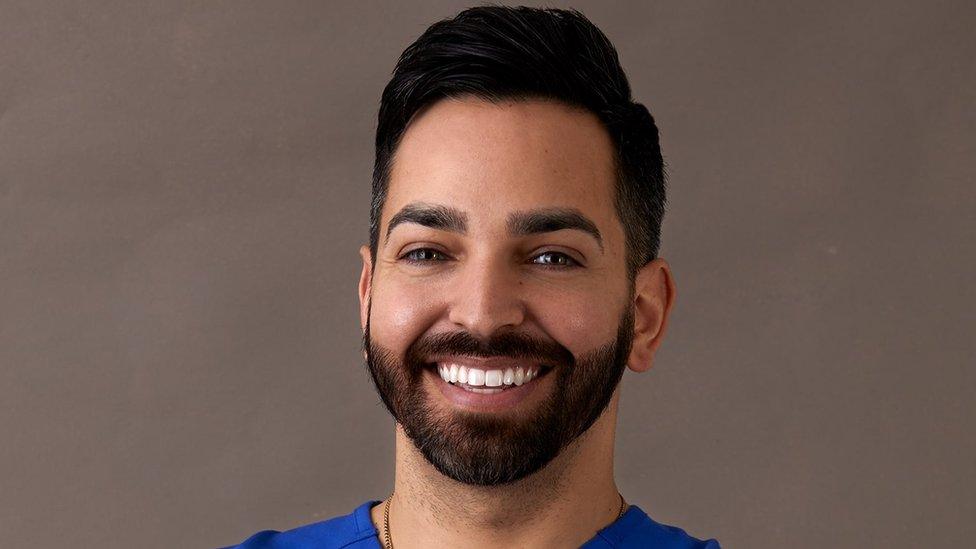Gal-dem closure: Magazine 'was different to everything else we'd seen'
- Published
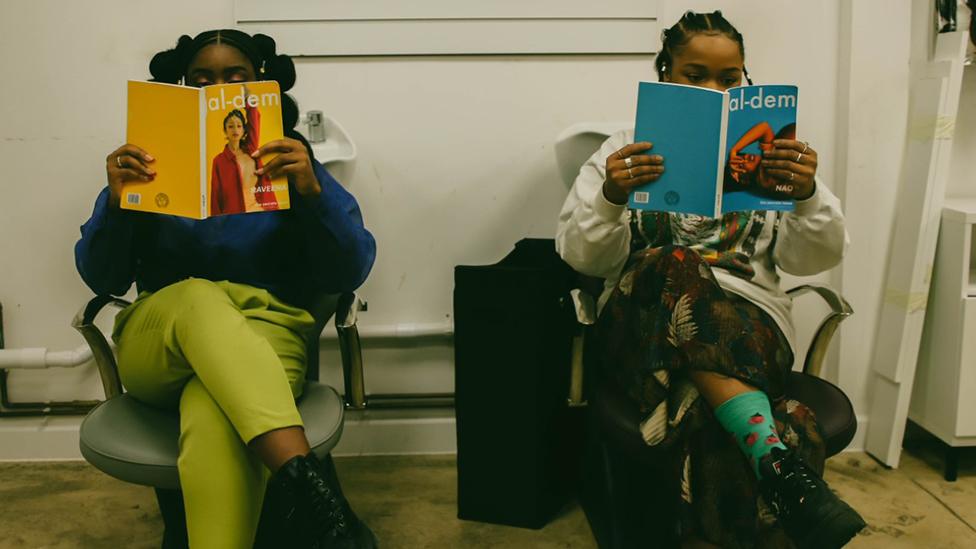
Independent magazine gal-dem is closing down after eight years
Gal-dem was seen as a safe place for ethnic minorities in the creative industry and became a platform which helped many young writers launch their careers.
The radical online and print publication, which was "committed to sharing the perspectives of people of colour from marginalised genders", championed young minority writers.
But last week the popular independent magazine announced it was folding after eight years.
Financial and structural challenges faced by independent media were cited as the reasons for the decision in a goodbye letter on their website, external.
BBC Asian Network has spoken to people affected by the closure about what gal-dem meant to them.
The reader
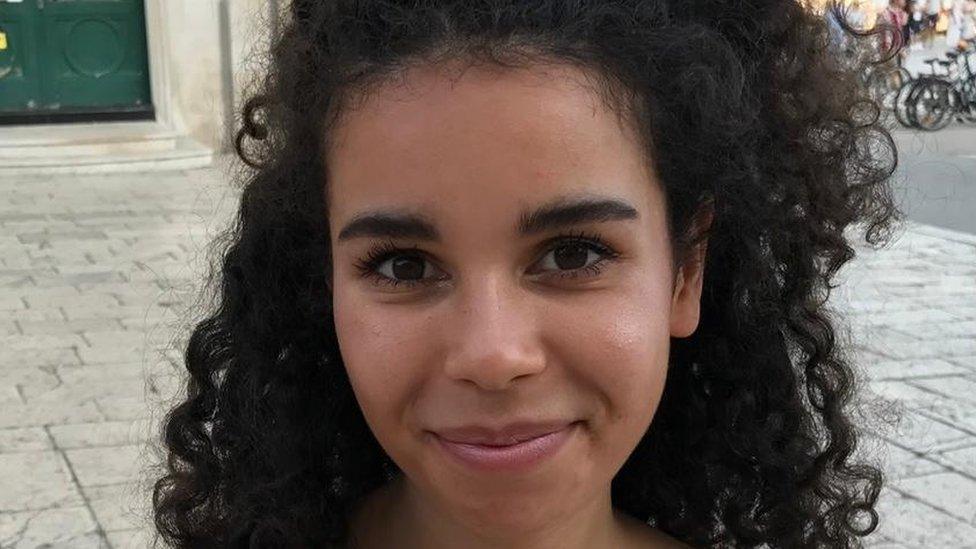
Jessie felt "safe" reading gal-dem because it wasn't behind a paywall
Jessie Francis says she loved reading gal-dem because it was different to everything else she'd seen.
"A lot of the longer form journalism that I read was really good but was from the traditional middle class journalists," the 25-year-old says.
"And gal-dem commissioned pieces from not only a wide range of communities but communities that I rarely got a chance to hear from, especially LGBT and trans and neurodivergent people.
"Gal-dem always provided information from different communities that have new perspectives on stuff."
Jessie also says she felt "safe" reading gal-dem because it wasn't behind a paywall.
"They believed information shouldn't be behind a paywall and it shouldn't only be for a certain class or person who earns a certain amount of money.
"It's probably the reason it isn't feasible for it to run any more but it stood by its morals and ethics and it made me wants to read them because they practised what they preached."
The editor
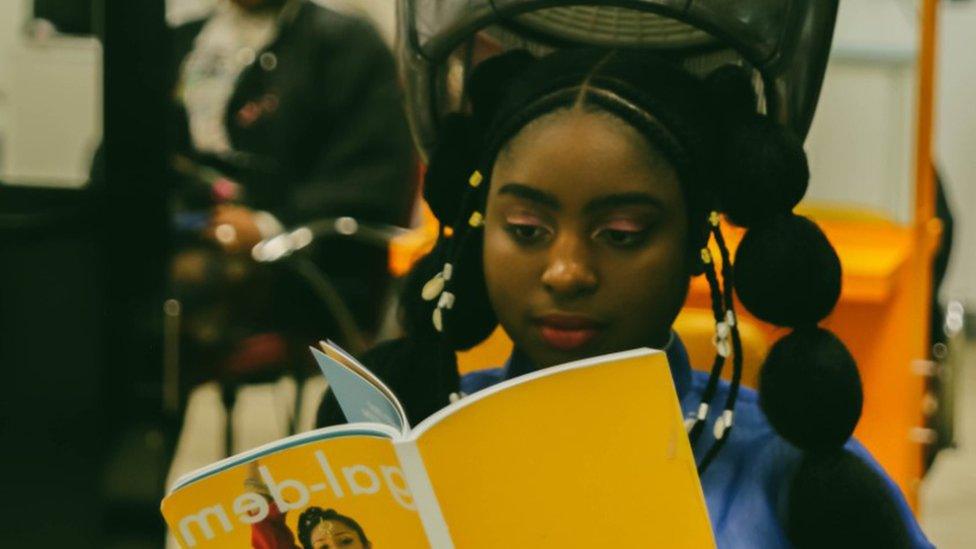
Kemi is proud of the impact gal-dem had in its eight years
Kemi Alemoru was gal-dem's culture editor for seven years and says she saw the publication as "a home for my ideas".
"As soon as I saw what gal-dem was doing or trying to do, it just automatically made sense to me," she says.
"I think anybody trying to navigate the creative industries from our community understands that we are coming up against a lot of challenges."
Kemi says this was especially true in 2015 when gal-dem launched.
"We just weren't seeing things that matter to us or catered to our thoughts, feelings, beliefs, loves and challenges."
Kemi believes gal-dem enabled writers to "have confidence in your ideas and that certain things matter to an audience".
The 28-year-old says she was devastated when she was told the magazine was closing down but is proud of the impact it had.
"We feel like gal-dem needs to exist, we wouldn't have put all the work if we didn't," she says.
"Getting to eight years is such an achievement and seeing that reaction of all the people who'd had their first bylines or we wrote about their work first or they met people and made friends.
"All of those things are so touching as it's exactly what we needed it to do."
The freelancer
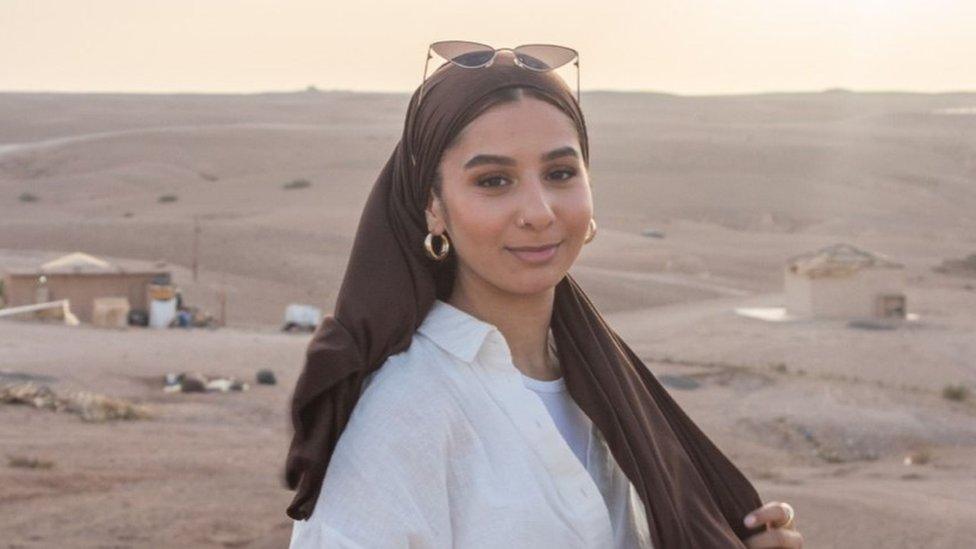
Furvah was heartbroken when she heard about gal-dem closing down
Furvah Shah is one of the many young writers whose careers were launched by writing for gal-dem.
"I got my first ever article published by gal-dem when I was 19 years old," she says.
"I wrote an opinion piece about being a Muslim woman who wears the hijab.
"It was so lovely to get that commissioned, for people to want to hear that story and want me to write it."
The 23-year-old journalist says gal-dem "meant everything" because she didn't see herself represented in the media.
"It was such a safe, inclusive space, it was somewhere where I would go on the website and I would see myself and see people like me and stories that I wish other people were writing.
"It's a shame we are losing that now."
Furvah says she was heartbroken when she heard about gal-dem closing down.
"We need spaces like gal-dem," she says.
"I feel like they've left a really big hole in the industry."
For more on gal-dem listen to Ankur Desai's show on BBC Asian Network from 15:00-18:00 BST on Thursday 13 April, or catch it afterwards on BBC Sounds.


Follow Newsbeat on Twitter, external and YouTube, external.
Listen to Newsbeat live at 12:45 and 17:45 weekdays - or listen back here.
- Published4 April 2023
